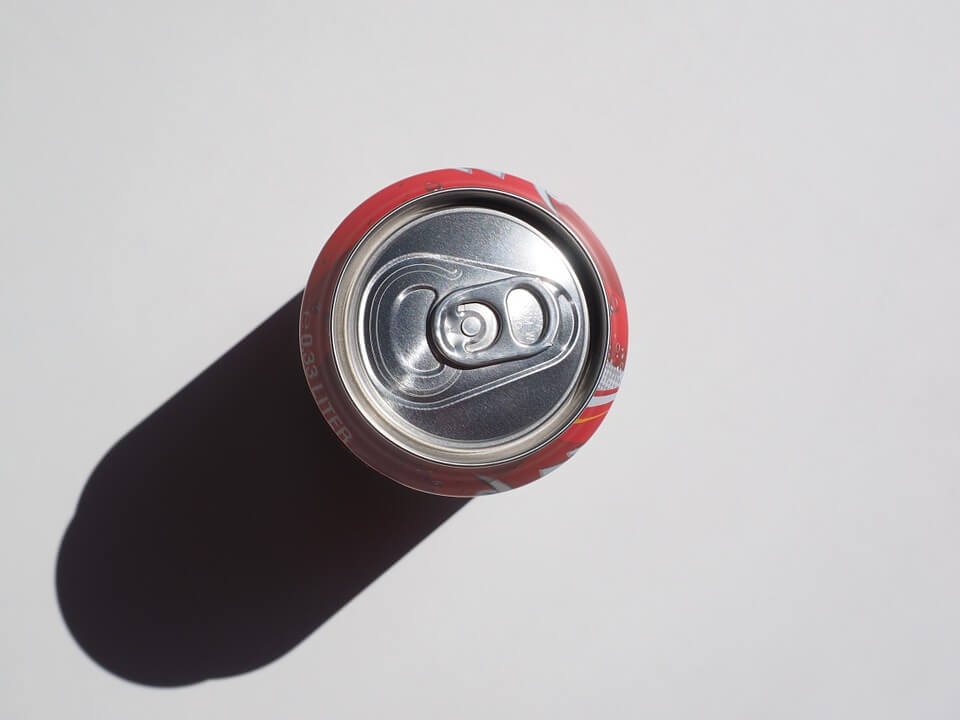Coca-Cola’s Contribution to the Russian Economy Assessed at HSE University

Coca-Cola has invested over $6 billion in the Russian economy according to data published in a new study by the HSE Laboratory for Studies in Economic Sociology
Unlike common reports on leading companies’ dynamics, the LSES study provides a comprehensive assessment of the big investor’s contribution to Russia’s socio-economic development, including direct investment development, impact on GDP growth, taxation, and high-income job creation.
For example, in 2018, the share of added value produced by Coca-Cola out of total Russian GDP, taking into account indirect effects, totalled 0.2%. Cumulative tax payments, including those by suppliers and clients, exceeded 36 billion roubles, which comprises over 0.2% of total taxes paid to the Russian budget.
The company pursues policies aimed at supporting local manufacturers. Over 96% of direct purchases are made in Russia from local suppliers. In 1998, this indicator didn’t exceed 10%.
Coca-Cola employs over 7,700 people in Russia, 44% of whom are under 30 (the average indicator in Russia is 22%). Average salaries are 44% higher than the industry’s average.
See also:
Laws of Investment Attractiveness: Nizhny Novgorod Hosts Investment Leaders Forum
Nizhny Novgorod has hosted the Investment Leaders Forum organised by the Nizhny Novgorod Region Development Corporation jointly with executive authorities under the patronage of Nizhny Novgorod Region Governor Gleb Nikitin. The participants discussed the region's investment potential and highlighted the best practices in investment attraction and the support and implementation of investment projects. The forum was partnered with HSE University.
Toys Prove to Be Better Investment Than Gold, Art, and Financial Securities
Unusual ways of investment, such as collecting toys, can generate high returns. For example, secondary market prices of retired LEGO sets grow by 11% annually, which is faster than gold, stocks, and bonds, HSE University economists say. Their paper was published in the Research in International Business and Financejournal.
‘Economic Innovation Is Impossible without the Right to Fail’
The first plenary session of the HSE XX April International Academic Conference continued with a discussion on the sources of economic growth, budgetary policy priorities, as well as investment in infrastructure and human capital. Experts from HSE joined other participants to speak on these issues.
500 mln
rubles in investments were raised over the last year by startups that are part of the HSE Business Incubator. The head of the HSE Business Incubator, Mikhail Erman, reported this figure during the Tekhnoprom forum in Novosibirsk, Russia.
How to Get the Most out of Foreign Investment
Researchers at the Higher School of Economics (HSE University) have revealed that Russian companies need to invest in the development of intellectual resources in order to maximize the benefits from partners in developed countries. Results of the study have been published in the journal, Knowledge Management Research & Practice.
Foreign Investments are Crucial for Positive Return on Exports
Experts at HSE have shown that the foreign direct investment is an important and necessary determinant for positive return on exports. Such companies consequently encounter a higher level of competition in terms of quality and intensity. Research results have been published in the Baltic Journal of Management.
Investors Prefer Regions with Developed Economies
Even a business climate that is not very favourable is not an obstacle for investors if the country is developing fast in general. Business leaders who invest in countries with underdeveloped institutions choose politically stable regions with high demand, qualified workforce and developed infrastructure, said Ksenia Gonchar, leading research fellow at the HSE Institute for Industrial and Market Studies (IIMS), in a paper.
American Publisher Releases Book on Warren Buffet by HSE Associate Professor
Associate Professor in the HSE Faculty of Economics (School of Finance) Elena Chirkova’s book The Warren Buffett Philosophy of Investment: How a Combination of Value Investing and Smart Acquisitions Drives Extraordinary Success has just been published in the U.S. and U.K. by McGraw-Hill Professional, an American publisher. In a recent interview with the HSE news service, Professor Chirkova spoke about why she wrote it.


